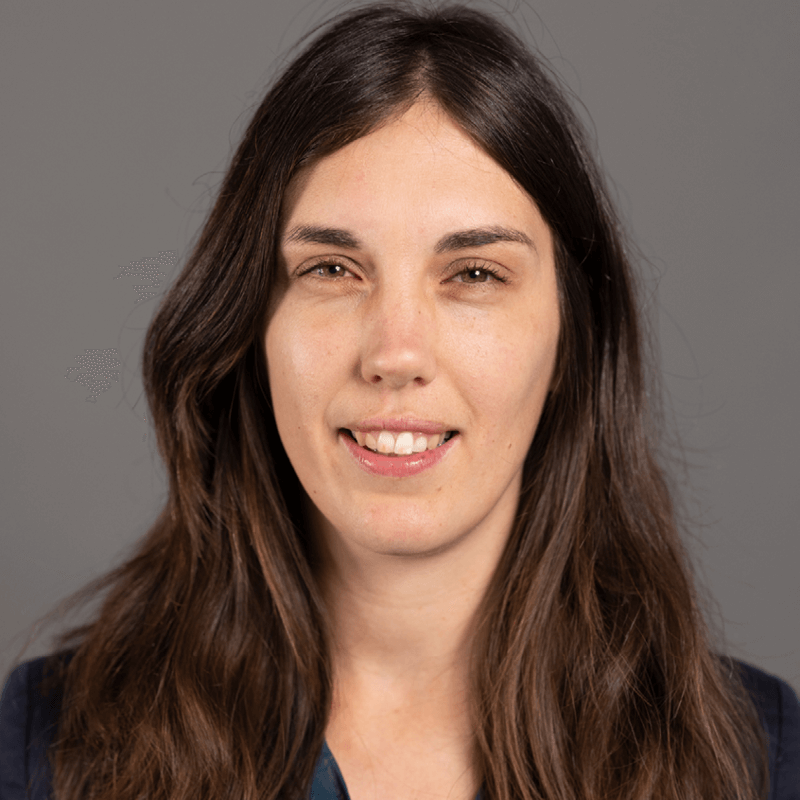MINT project: Salzburg schoolchildren learn to program robots
In 20 primary and secondary schools throughout the province of Salzburg, teachers have been able to use robot construction kits for STEM projects over the past eight months. This gave the pupils playful contact with STEM topics, robotics and programming and helped them to better understand the technical world. The equipment, training and support of the schools with the Robo Wunderkind construction kits was initiated by EdTech Austria and the province of Salzburg. On Thursday, 23 March, the implementation of the project was evaluated with teachers, school headmasters and community representatives.
Pupils can build different robots with the colourful robot modules. They can programme their robots to drive themselves, learn road rules, light up on command, make sounds and much more. Three different levels of difficulty turn children from STEM novices into little coders.
For use in the classroom, 40 teachers from all over the province of Salzburg were trained in the use of the Robo construction kits in autumn and equipped with the teaching materials. A total of 160 kits were distributed to the schools. In this way, around 1,000 pupils have been able to learn STEM skills with robotics programming over the past eight months.
“Child-friendly technologies, like those of Robo Wunderkind, sharpen the understanding of our rapidly developing world and promote problem-oriented and creative thinking – important skills in our working world!” said Julia Pichler, project manager of EdTech Austria, at the final workshop. “That is why digital education is central. With this school project, we succeed in further expanding Salzburg as a model region for digital education.”
Children have fun building robots and coding
The teachers were able to report on their experiences at the final workshop. They and also the children are enthusiastic about the possibilities of the robot construction kits. The offer was also well received by the learners at the secondary school in Tamsweg. “The children have enormous fun working with the robots and even demand that we work with them again. It enriches the lessons enormously,” says teacher Johannes Gappmayer from the Tamsweg secondary school.
The headmistress of the Eugendorf secondary school, Maria Rehrl said: “Working with the robots is very meaningful for the children. They immerse themselves intensively in the world of programming. It’s amazing how quickly they can pick it up.”
The teachers have also observed that pupils have become more and more confident in experimenting with the robots. They perceived themselves as programmers and were able to make connections between their school robots and the robots in everyday life. They learned to work better together and that many ways can lead to a good result. For the future, the teachers would like to see more construction kits and more didactic teaching materials for creative teaching examples.
Teachers need support and more time for digital technologies
The robots can be used in many different subjects: in computer science, in various elective subjects, in technical handicrafts, in primary school science lessons and in the new subject of digital basic education. Nevertheless, the teachers struggled with regular use in the classroom.
“The importance of STEM and new forms of learning must be reflected in the school, in the curriculum and in the number of weekly lessons available,” says Mathias Kutschera from Robo Wunderkind. There is a lack of teaching time for teachers to devote to STEM topics and activities like Robo Wunderkind. With more project-based and cross-curricular learning, this could be changed even in the short term.
Above all, however, they lack the time for continuous use. After all, STEM activities that involve robotics and coding are only a small part of subjects like Digital Literacy and Computer Science. “The earlier and more intensively pupils:in dedicate themselves to STEM subjects, the higher the chances that they will later pursue an education or career in the field. More time and earlier exposure to the subject can help attract more workers and experts in STEM professions in the future,” said Anna Iarotska, CEO of Robo Wunderkind.
Municipalities can secure continuation
The project was funded by aws IÖB Toolbox and the province of Salzburg. The first implementation phase showed positive results from the point of view of teachers and pupils. In order for schools throughout Salzburg to be able to take the step towards future-oriented STEM education and for the schools that are already equipped to expand their infrastructure, the support of the municipalities is needed.
“To be able to continue this, we need more kits and technical support for our school,” said Maria Rehrl, headmistress of the Eugendorf secondary school. Eugendorf’s mayor Johann Strasser has already pledged his support: “Doing nothing costs much more than doing something. We as municipal representatives must support young people in learning STEM knowledge early enough.”
Günther Mitterer, Mayor of Sankt Johann im Pongau, also liked the new teaching materials: “It seems to be very easy for the teachers to implement them in the classroom. Our teachers show the necessary commitment to give the children the tools for the digital world.” In his community, two schools participated in the project – the primary school and also the secondary school. They can also look forward to the support.
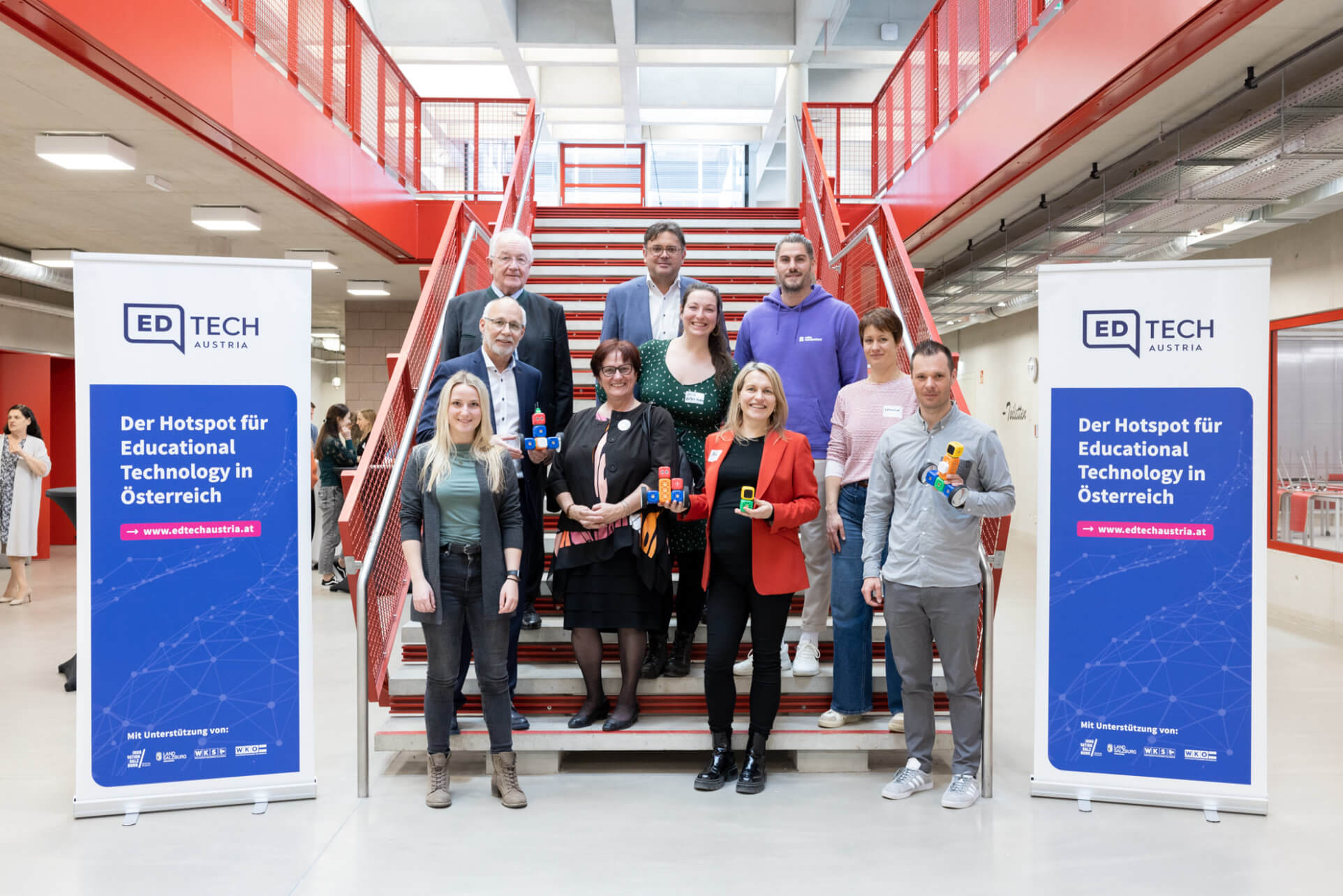
2. row: Günther Mitterer, Mayor St. Johann, Maria Rehrl, Direktorin MS Eugendorf, Julia Pichler, EdTech Austria, Veronika Auer, VS Abfalter
3. row: Gerhard Strasser, Mayor Eugendorf, Walter Haas, Innovation Salzburg, Mathias Kutschera, Robo Wunderkind
More articles
The following articles might also interest you.
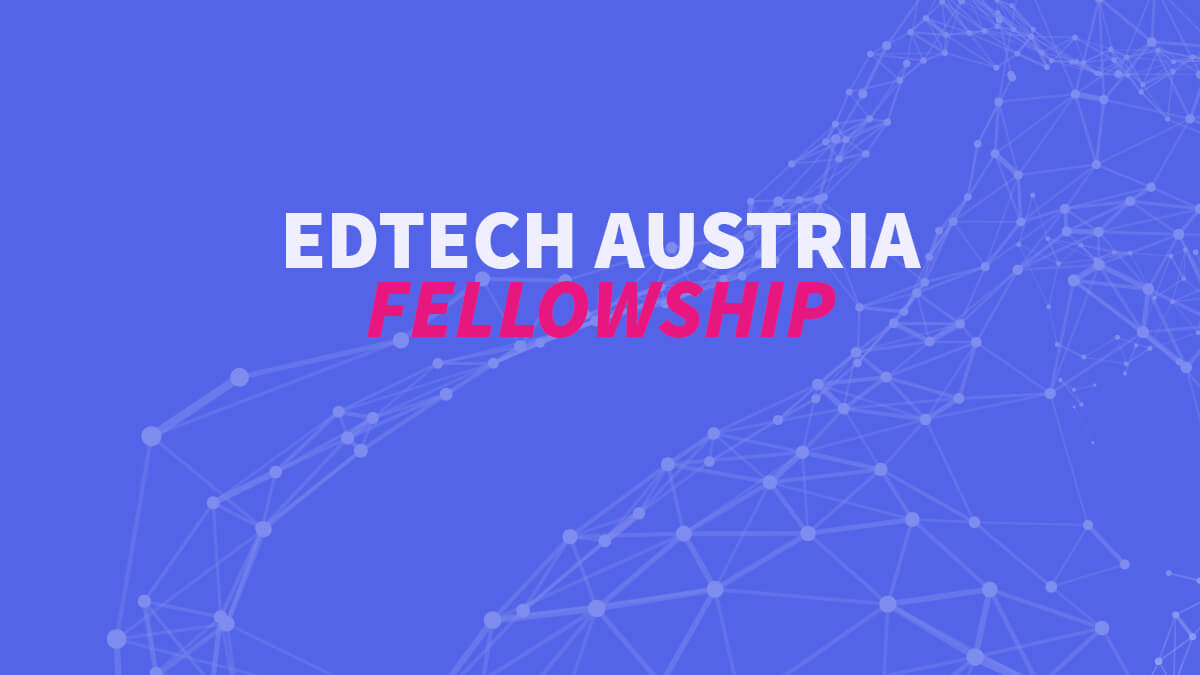
EdTech Austria Fellowship
24. October 2024
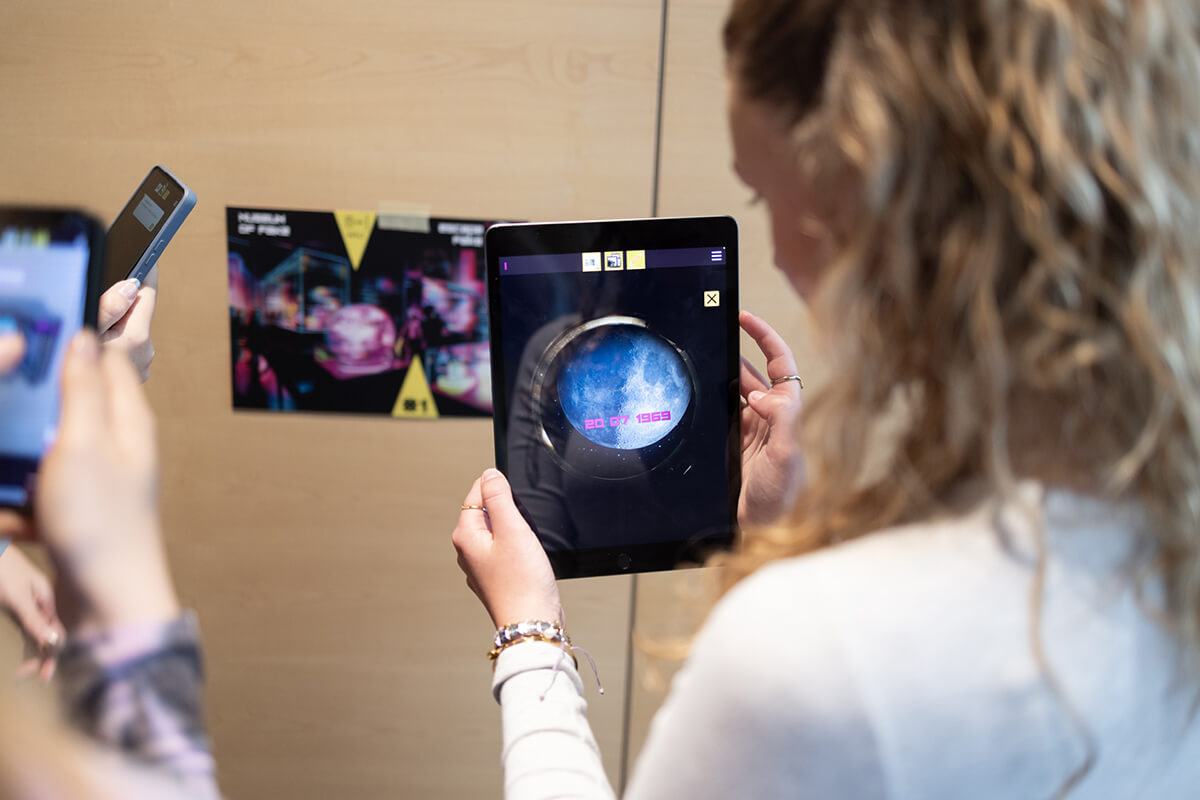
AR, VR and XR: Shaping Learning through Virtual Worlds
30. June 2025
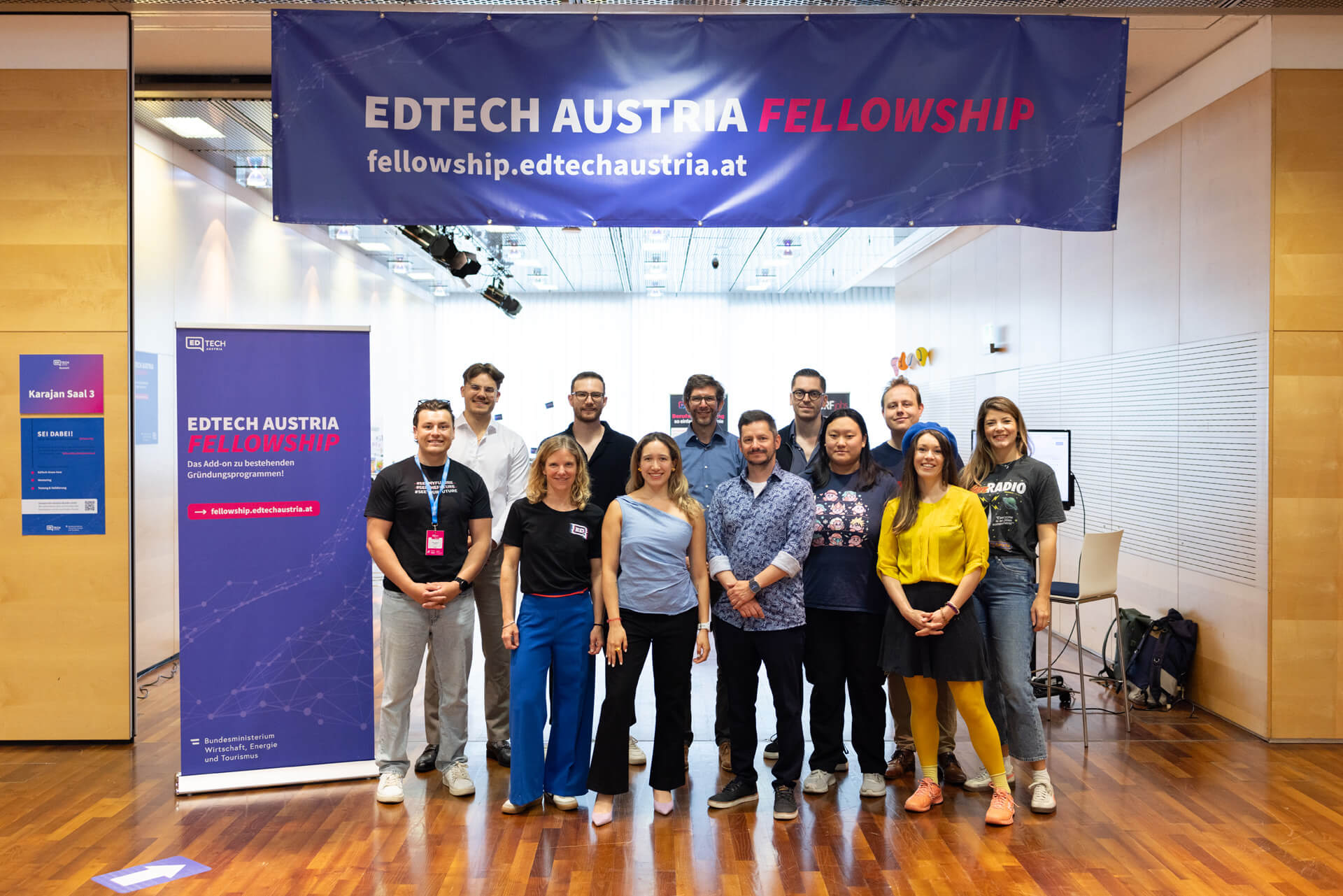
EdTech for all, all for EdTech – shaping the world of education together
18. June 2025
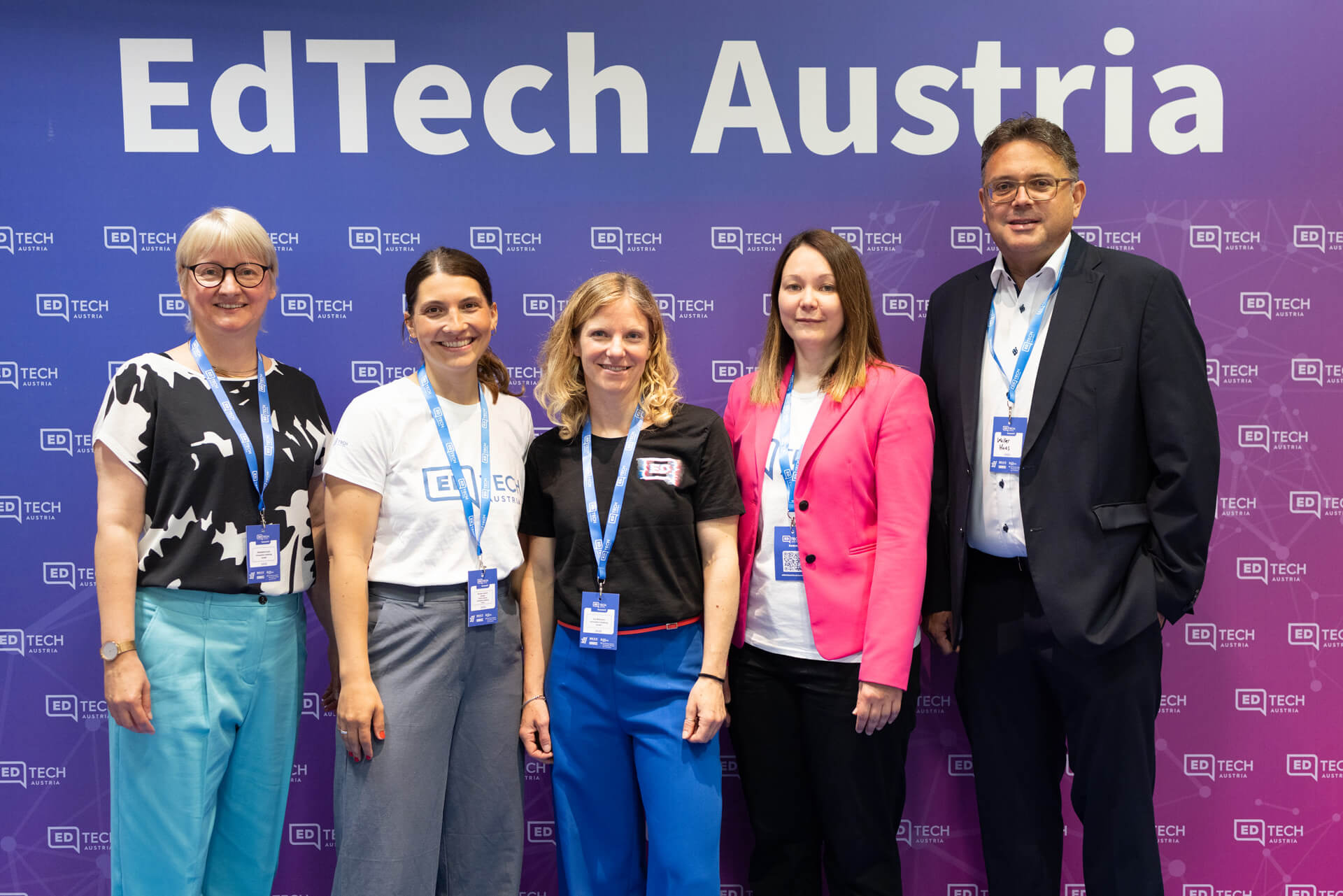
Real-World Practice Meets Innovation: The Fourth EdTech Austria Summit
3. June 2025
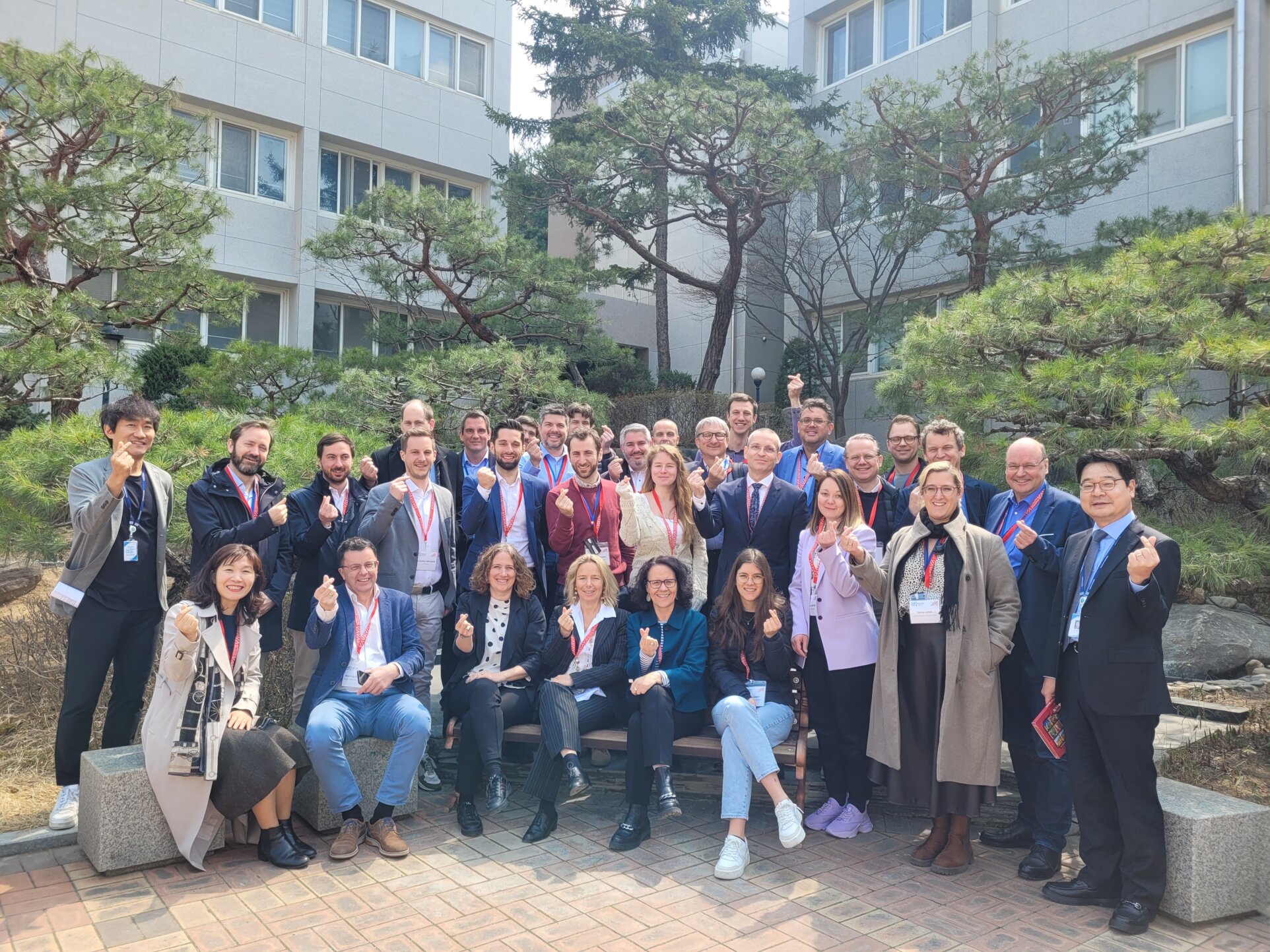
South Korea: How technology, culture and the courage to innovate are shaping education
30. April 2025

Lifelong Learning in Transition: Opportunities and Challenges of AI
17. January 2025
